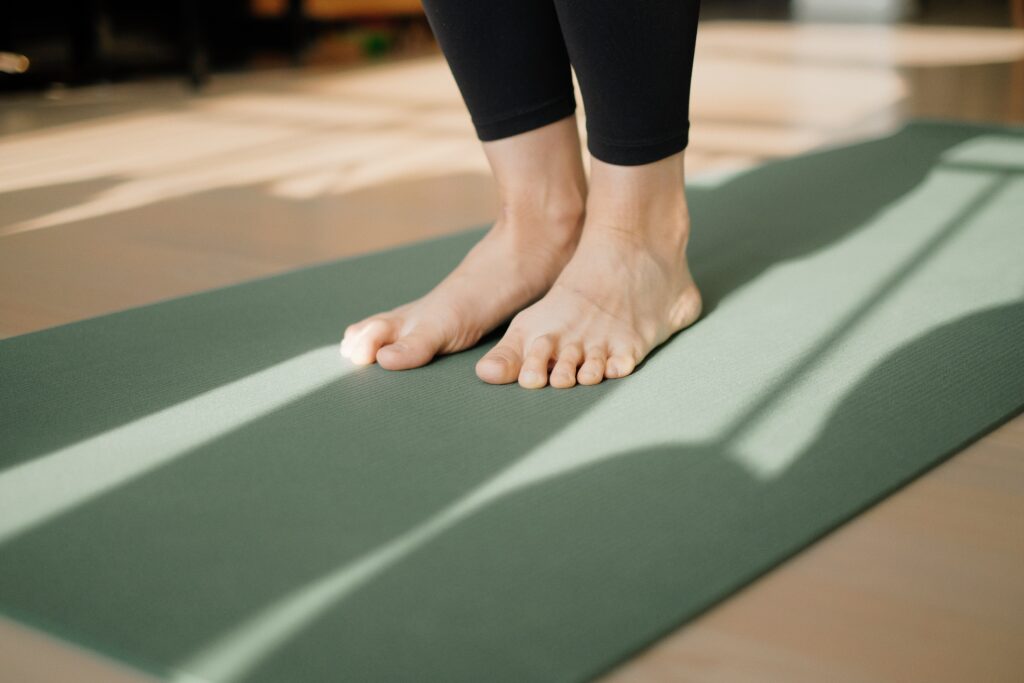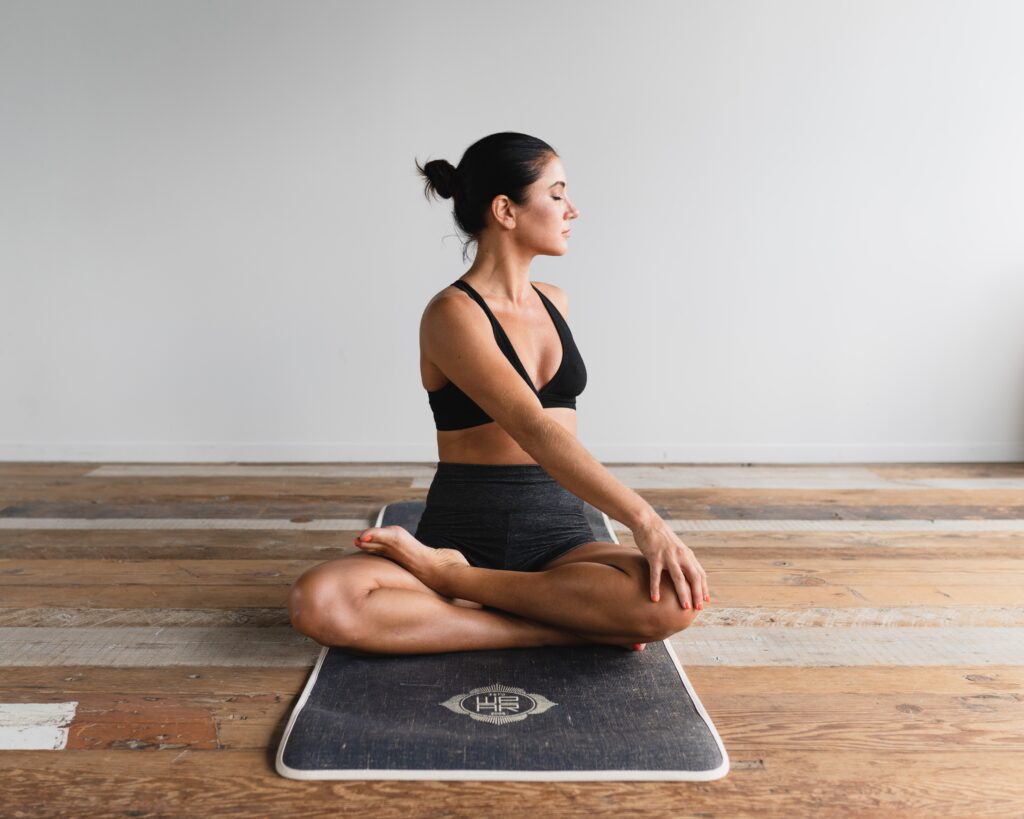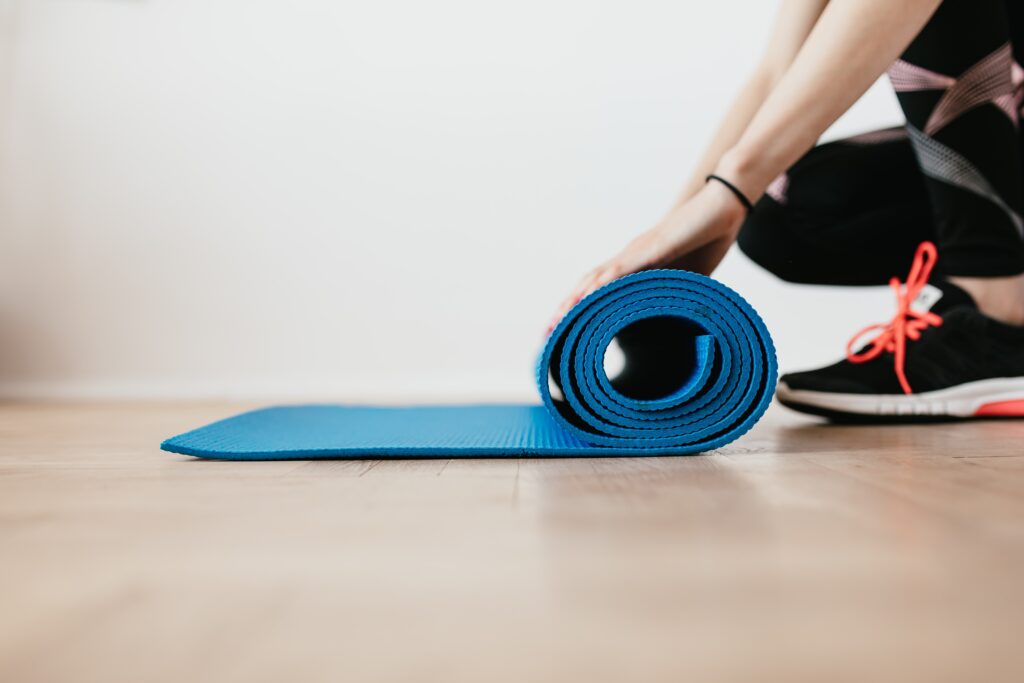Training for sports requires dedication and motivation. It is very satisfying when we get back into our routine and start seeing results and increases in performance. Improving your speed over 50 metres or setting a new PB on a back squat has great implications when transferring over to sport. The only issue with sport-specific training is that it is very sport specific. When we repeat the same specific training for the sport or activity we partake in, muscle imbalances can develop due to the overuse of certain areas and weakness in others. Lack of flexibility and poor core strength and stability are factors that limit athletic performance, making it necessary to undertake body awareness activities with athletes at both physical and mental levels to address other areas that are not being utilised in training.
Pilates is a form of exercise focused on strengthening the core, improving movement patterns, emphasizing normal breathing techniques, and increasing flexibility and general fitness.
It is a popular hobby for many due to its suitability for all ages and associated benefits. The exercises performed in Pilates have widespread application. Flexibility is an important aspect of sports performance (Cyrino, 2004). Maintaining healthy joints and muscles can reduce the risk of injury, therefore decreasing the chance of missing out on games and training sessions (Fraser et al., 2020; Krause et al., 2019). Pilates has been shown to increase flexibility after just 4 weeks (Sekindiz et al., 2007).
Pilates has also been shown to improve sports performance, a group of volleyball played improved their muscular endurance, service, and smash after multiple sessions. (Montesano and Mazzeo, 2018). Increased core stability and strength allow greater control of the body’s position during sporting movements, while also helping to generate more power and transfer load appropriately, another factor that is essential when competing in the sport. It can also increase respiratory control during exercise (Montesano and Mazzeo, 2018).
Pilates can not only influence your training but can also influence your recovery.
We may feel that the more effort we put in, the more reward we will see however this is not always the case with sport. It is important to train regularly but recovery is equally just important. Active recovery is a form of low-intensity exercise after a hard session or game. Pilates is a good form of active recovery as it involves stretching and mobilising the body paired with low-effort exercise.
Another important aspect of integrating Pilates into your training schedule is the opportunity to exercise in a different manner than what you usually would. The majority of people involved in sport will perform a warm-up, a few static stretches, and light aerobic exercise to get the heart going, however, this doesn’t usually last more than 5-10 minutes before getting back to performing the same drills and exercises we have been doing the last few months.
However, a mentality that still exists among some sports professionals is that Pilates is not for them. There needs to be a shift in this thought process as many elite athletes today perform and integrate Pilates into their own training. There are more than just physical advantages from Pilates. British tennis star Andy Murray who has won 3 Grand Slams singles titles in his career speaks of the psychological benefits of Pilates on him when on the court, “It helped clear my mind of anything frustrating, I can go on the court and play, not worry about anything else”.
To conclude, Pilates offers a great opportunity for those involved in sport to train the body in a manner different from your regular pitch or court session. The emphasis is placed on the strengthening of the intrinsic and extrinsic core muscles, along with correct breathing techniques and increasing flexibility will transfer over to your sport. Practicing Pilates gives you a break from the norm of training for sport and also provides the opportunity for an active recovery day.
We offer a wide range of Pilates classes for both males and females – whatever your level.
Feel free to contact us via our social channels or check out our class timetables.



